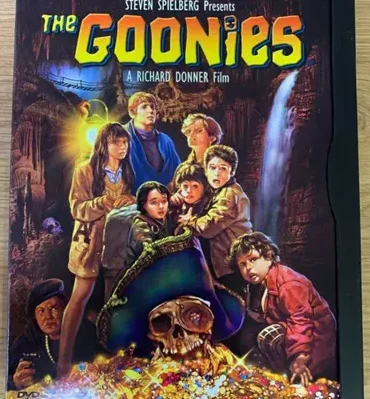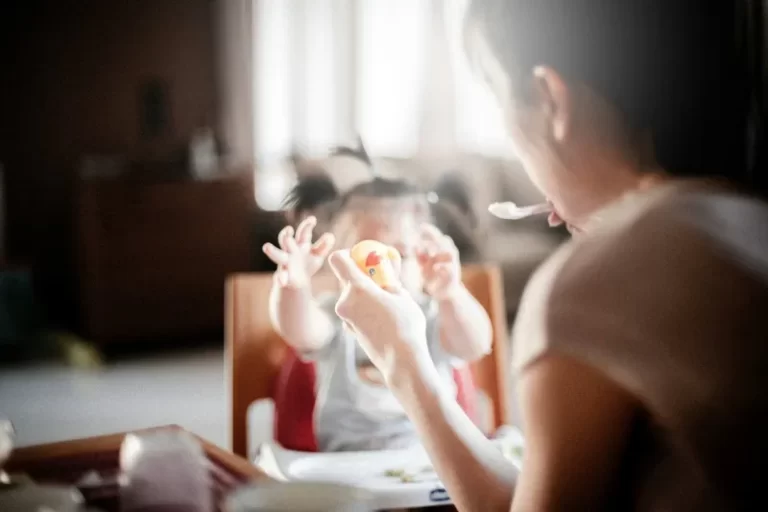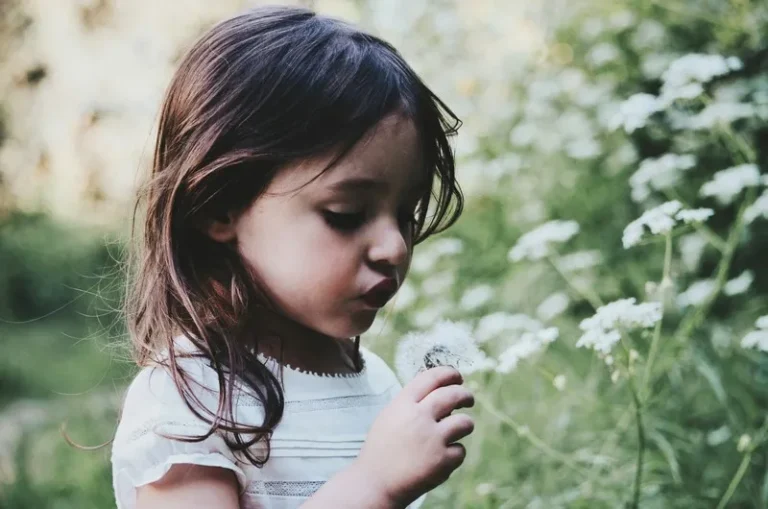Table of Contents
- The Construction of Childhood in “The Goonies”
- Social Structures and Childhood
- Cultural Representations of Childhood
- The Sociological Implications of “The Goonies”
- Conclusion
- Think!
- Essay Suggestions
- Research Suggestions
- Further Reading
“The Goonies,” a 1985 adventure-comedy film directed by Richard Donner and produced by Steven Spielberg, has become a cultural touchstone, particularly in its representation of childhood. The film follows a group of children, self-dubbed “The Goonies,” on an adventure to find a pirate treasure, aiming to save their homes from foreclosure. Through its narrative and characters, “The Goonies” offers a rich tapestry for examining childhood from a sociological perspective. This analysis will explore how the film portrays childhood, the social structures influencing the children’s behaviors, and the broader cultural and sociological implications of these representations.
The Construction of Childhood in “The Goonies”
The Adventurous Child
One of the most prominent representations of childhood in “The Goonies” is the portrayal of children as inherently adventurous and imaginative. The film’s narrative centers on a treasure hunt, a classic motif that underscores the idea of childhood as a time of exploration and boundless curiosity. This adventurous spirit reflects developmental psychologist Jean Piaget’s theory of cognitive development, particularly the stage of concrete operational thinking (ages 7 to 11), where children begin to think logically about concrete events. The Goonies’ ability to solve puzzles and navigate the physical environment of their adventure illustrates their developmental stage, where logical reasoning is emerging but still intertwined with a rich imagination.
Agency and Independence
“The Goonies” also highlights the agency and independence of children. The film’s protagonists undertake their quest without significant adult supervision, reflecting a cultural narrative that children, while still developing, possess a degree of autonomy and capability. This portrayal can be linked to the concept of “childhood agency” discussed in contemporary childhood studies. Agency in this context refers to the capacity of children to act independently and make their own choices. The Goonies’ journey, undertaken in the absence of direct adult intervention, serves as a metaphor for their growing independence and ability to navigate the world on their own terms.
Social Structures and Childhood
Family and Peer Relationships
Get the full article AD FREE. Join now for full access to all premium articles.
View Plans & Subscribe Already a member? Log in.





